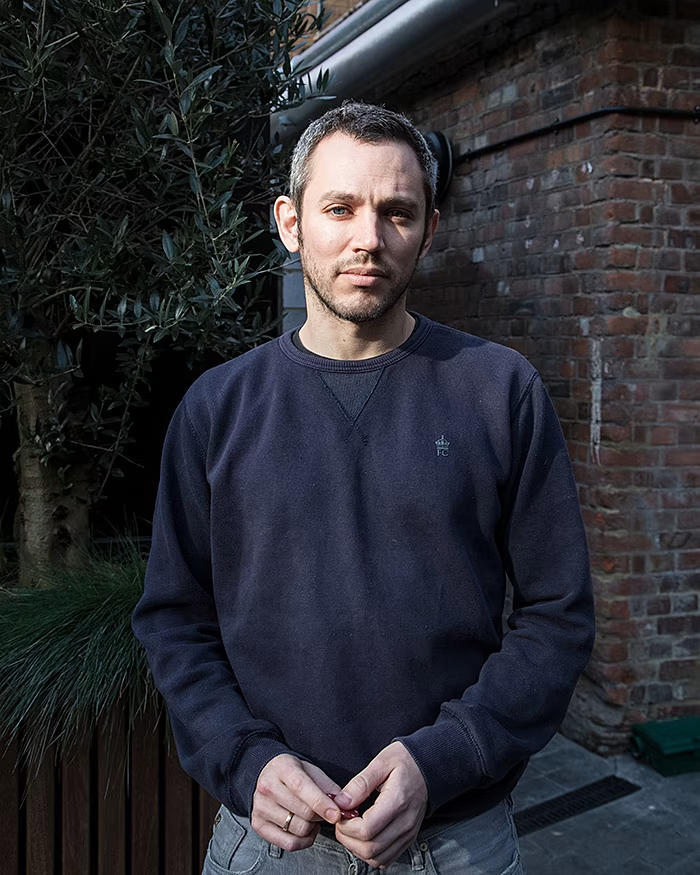Expropriation, restitution, and the end of accumulated wealth and institutional philanthropy. Guest editor Marlene Engelhorn talks to Rajiv Khanna of Thousand Currents and Yahya Alazrak of Resource Generation in a wide-ranging conversation that takes in all of these and more besides.
Marlene Engelhorn: Why is it so important to frame the issue of tax and philanthropy on redistribution?
Rajiv Khanna: There are three things we need to think about in relation to tax: origins, ownership, and redistribution. With origins, there’s a myth that the wealth people have is theirs, but we know all wealth comes from land and labour. Few places have fair labour practices so the way in which wealth has been made is problematic. Secondly, those who own land are not the ones who generated the wealth. So, we have to problematise ownership. A better way to think about it is stewardship. The way you steward wealth well is to return it to land and labour because if we think about wealth as energy, we need to release it. We need to spend the money to spread the energy. Taxes are a mechanism for redistribution, but can we return wealth in a responsible and dignified way to the entities from which it was extracted through the mechanism of tax? That’s really the framework to start from.
ME: How would you locate traditional philanthropy in relation to distribution?
Subscribe now from only £45 a year!
This article is only available for our subscribers
Existing users can login here






